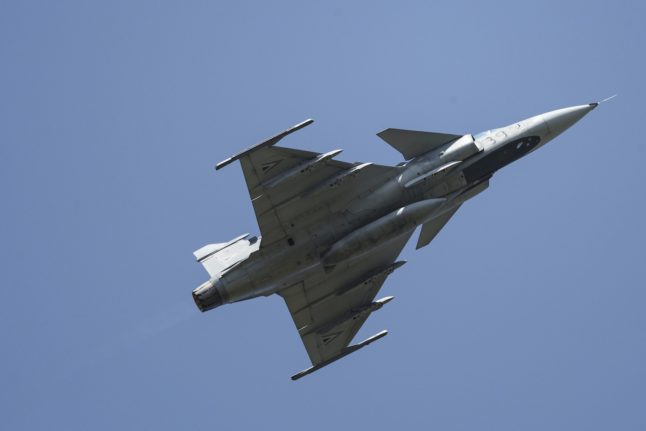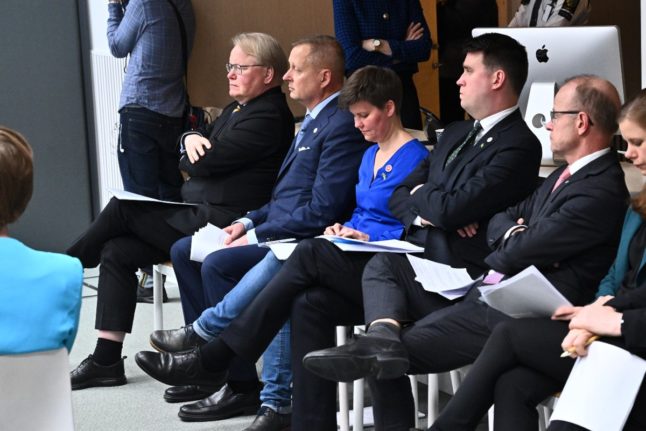Sweden said in May that it would invite Ukrainian pilots and ground crew to undergo preliminary training on the jets made by defence group Saab.
“The orientation training has been completed and according to the report I received from the defence forces, the training went well,” Swedish Defence Minister Pål Jonson said in remarks emailed to AFP.
The preliminary training “included test flights both in the aircraft and simulators and information sessions for ground crew,” Jonsson said.
The experience would “form the basis of the ongoing work to determine” whether Sweden can donate some of its Gripens, Jonson added.
Ukrainian President Volodymyr Zelensky has been pressing Western allies to provide it with modern fighter jets to help defend itself against Russia.
Allies have hesitated for various reasons, including fears it could escalate the conflict and the need to train Ukrainian pilots.
In late August, Copenhagen and The Hague announced they would donate American F-16 jets to Kyiv, with Oslo following suit shortly afterwards.
The planes are to be delivered once the pilots are trained.
The United States is also training Ukrainian pilots.
On Tuesday, Russian President Vladimir Putin criticised the donations to Kyiv, saying they would only “prolong the conflict.”



 Please whitelist us to continue reading.
Please whitelist us to continue reading.
Member comments